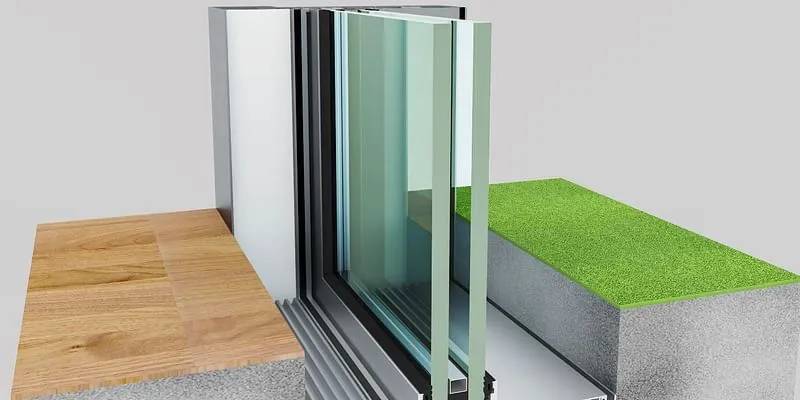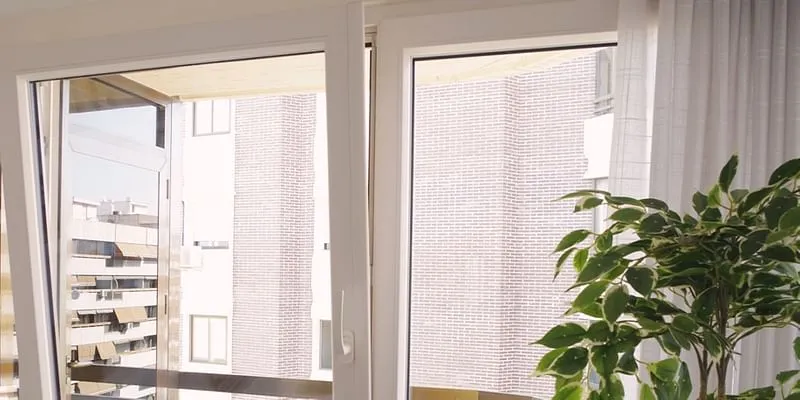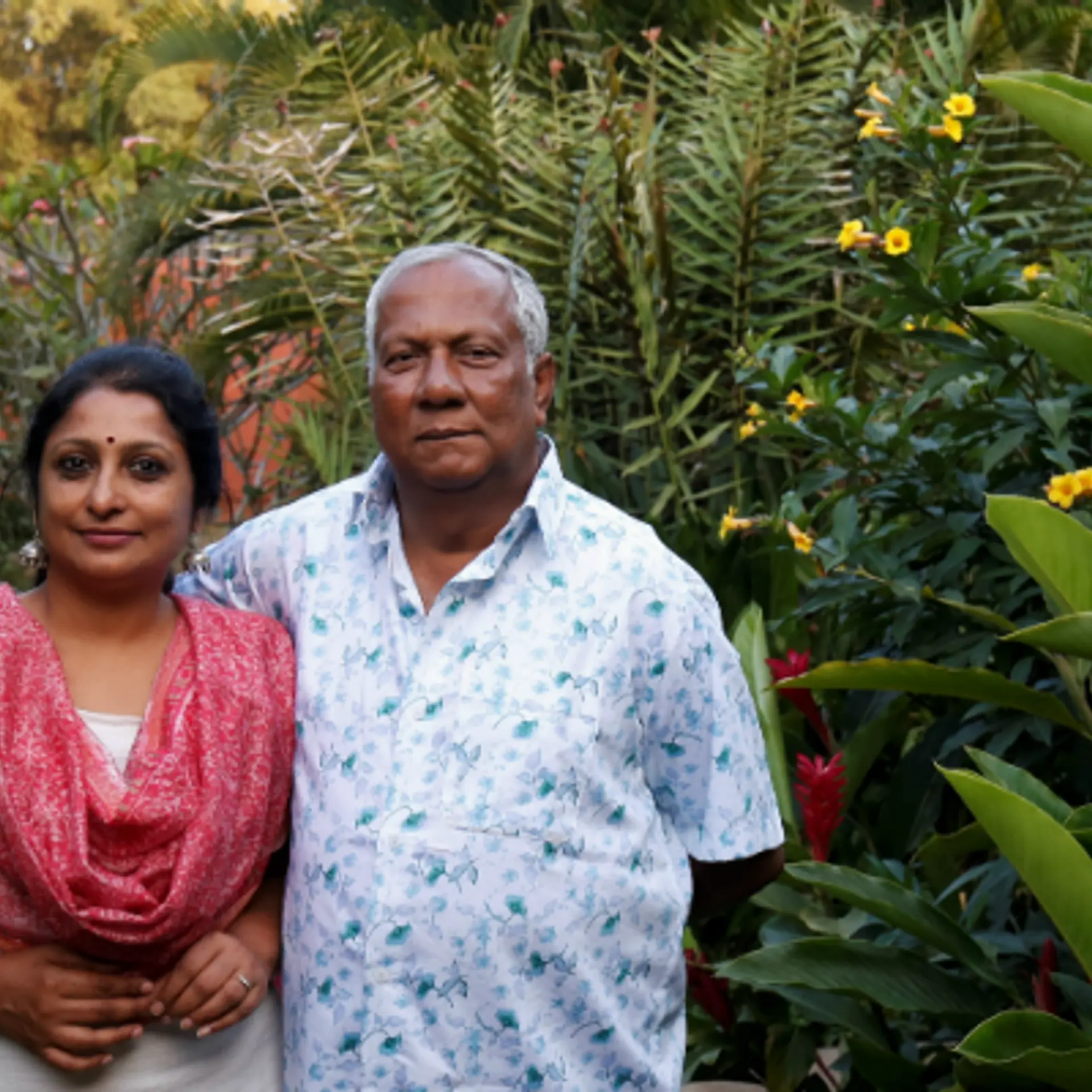This former Hyderabad-based tiles trader has built a Rs 863 Cr turnover tile manufacturing company
Aparna Enterprises was started as a tile trading company in 1990. In two decades, the company now owns 19 manufacturing plants making RMC, uPVC, vitrified tiles, and more, clocking an annual turnover of Rs 863 crore.
In the 1980s, S.S. Reddy (68) was working with a tile manufacturing company in Hubballi, Karnataka, when he found his calling in entrepreneurship. However, with limited funds and uncertainty on what business to start, he chose the business he had knowledge about – manufacturing tiles.
Reddy started as a tile trader in Hyderabad where he bought tiles from manufacturers from across India to trade in Hyderabad and later expanded the business to entire Andhra Pradesh giving birth to Aparna Enterprises in 1990.

Aparna Reddy, Second-generation entrepreneur, Aparna Enterprises
In an interaction with SMBStory, Aparna Reddy, the second-generation entrepreneur says,
“Before founding the company, my father worked with a tiles manufacturing company for a period of three years. He had an idea of the tiles and hence decided to take the plunge into the tile business.”
From trading to setting up a manufacturing unit
Reddy started his entrepreneurial journey with tile manufacturing in 1990 after which he ventured into construction through ACEPL. In 2006, the company set up a manufacturing plant in Hyderabad to manufacture Ready-Mix Concrete (RMC), and later in 2008, the company diversified into manufacturing Unplasticised Polyvinyl Chloride (uPVC), or rigid PVC, which is extensively used in the building and construction industry.
Today, the company has around 19 manufacturing plants located across Hyderabad, Vishakhapatnam, and Bengaluru, among other cities, and records a turnover of Rs 863 crore.
“My father’s vision to build the group into a full-fledged building material production and supply organisation, enabled the company to diversify in manufacturing various building material products in a phased manner,” Aparna says.
Aparna claims that 60 percent of their materials including clay and feldspar required to manufacture the tiles are made in-house. Only a few inks and pigments are procured from China.
Diversifying deeper, in 2014, Aparna Enterprises entered into manufacturing of quarry and metal aggregates. In 2017, it started manufacturing vitrified tiles.

Slim line sliding door design
Aparna Enterprises supplies and sells tiles across the country and has a retail store in Hyderabad. It also exports to other Asian countries.
Challenges and competition
Macroeconomic situations, timely investment by the government on the infrastructure projects, and improvement in ease of doing business i.e., regulatory support, are some of the measures the company is looking forward to, Aparna says. Besides, the other challenges come from the unorganised sector.
“If we remove big players like Kajaria tiles, Somani Ceramics, and NITCO Ltd, there still stands a 50 percent unorganised tiles market which becomes very challenging to face,” Aparna says.
Talking about the competition, Aparna says that the tiles sector is such that every six months the designs change. The company focusses on the buying behavioural pattern of the consumers and studies the trends to come up with new designs.

Tilt and turn window design
Aparna says, “Indian customer prefers pastel shades and out of such a large population, only five percent want a bright shade tile. And so, a lot of research is required to come up with new designs in the most preferred colours.”
Future plans
Aparna believes that the company has a bright future considering developments such as the government’s inclination towards infrastructure investment, development of smart cities, Indian government’s target to make India a $5 trillion economy by 2024 and the private sector investment in real estate in a joint venture with Global Private Equity funds such as Blackstone, GIC etc.
“We are rightly positioned in terms of geographical presence, appropriate product mix, manpower, management bandwidth, process automation, digitisation etc. to meet the future demand of the country,” she says.
Edited by Javed Gaihlot









